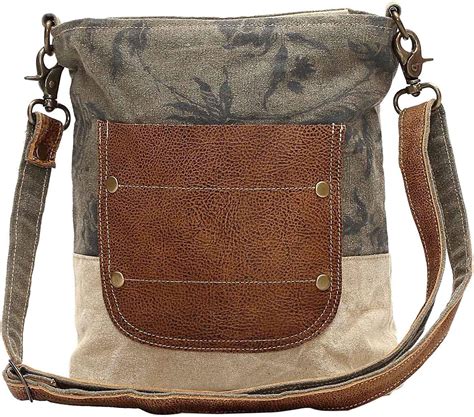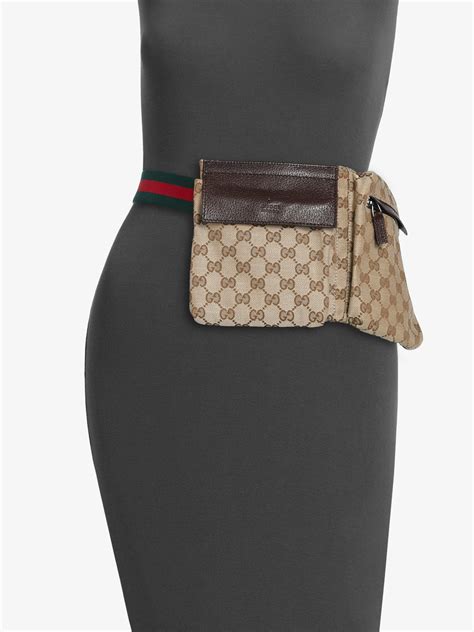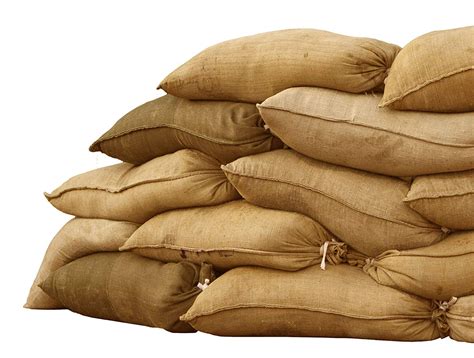vow of poverty pass 20 lv | d20 vow of poverty
$130.00
In stock
The allure of the ascetic, the power in renunciation, has always been a compelling narrative thread in fantasy literature and role-playing games. Dungeons & Dragons, in its 3.5 edition, attempted to capture this with the "Vow of Poverty" feat, found within the *Book of Exalted Deeds*. This feat, designed to empower characters through self-imposed deprivation, promised unparalleled power in exchange for eschewing material possessions. However, the reality of playing a Vow of Poverty (VoP) character, especially past 20th level, often falls short of its theoretical potential, riddled with challenges and requiring a deep understanding of the game's mechanics to truly shine. This article will delve into the intricacies of the VoP feat, examining its strengths, weaknesses, and the strategies needed to navigate the treacherous landscape of high-level play without the crutch of magical items.
The Core Concept: Power Through Restraint
The Vow of Poverty is based on the concept that true strength comes not from material possessions, but from inner purity and dedication to a higher ideal. By forgoing the use of magic items, mundane equipment, and even money, a character gains a suite of powerful abilities intended to compensate for their lack of gear. These benefits include:
* Bonus Feats: A VoP character gains a series of bonus feats, many of which are drawn from the *Book of Exalted Deeds* and focus on enhancing their natural abilities and furthering their chosen path of righteousness.
* Ability Score Bonuses: VoP grants scaling bonuses to Strength, Dexterity, Constitution, Wisdom, and Charisma, reflecting the character's increasing inner strength and clarity of mind.
* Armor Class Bonus: The character receives a significant bonus to Armor Class (AC), representing their spiritual protection and heightened awareness.vow of poverty pass 20 lv
* Skill Bonuses: VoP provides bonuses to a variety of skills, emphasizing the character's mental and physical discipline.
* Damage Reduction (DR): VoP grants DR based on alignment, further enhancing survivability.
* Energy Resistance: Resistance to various energy types is granted, further protecting the character from elemental attacks.
* Smite Evil: A limited number of uses of the Smite Evil ability, reflecting the character's commitment to fighting against darkness.
* Other Miscellaneous Benefits: Additional benefits include bonuses to saving throws, increased movement speed, and other minor enhancements.
The Theoretical Appeal: A Different Kind of Powerhouse
On paper, the VoP feat appears to offer a compelling alternative to the traditional gear-dependent character build. The bonuses to ability scores, coupled with the bonus feats and other defensive abilities, can create a character that is remarkably resilient and surprisingly potent in combat. The appeal lies in the idea of a character who is powerful not because of what they possess, but because of who they are. It offers a unique role-playing opportunity to explore themes of sacrifice, inner strength, and the rejection of materialistic values.
The Harsh Reality: Where the Vow Falters
Despite its theoretical promise, the Vow of Poverty suffers from several significant drawbacks that become increasingly apparent as a character levels up, particularly past 20th level.
* Limited Customization: The bonus feats granted by VoP are pre-determined and offer limited customization. While some are powerful, others may be less useful depending on the character's specific build and play style. This lack of flexibility can be frustrating for players who prefer to tailor their characters to specific roles or strategies.
* Feat Taxes: Many of the bonus feats granted by VoP are prerequisites for other feats. This can lead to a situation where a character is forced to take feats that are not optimal for their build in order to access more desirable options.
* The Equipment Gap: While VoP provides bonuses to compensate for the lack of gear, these bonuses often fall short of what a character could achieve with optimized magic items. The gap widens significantly at higher levels, where powerful magic items become increasingly prevalent and essential for survival. A fighter with a +5 Holy Avenger and full plate armor will often far outstrip a Vow of Poverty Fighter in terms of sheer damage output and survivability.
* Class Dependency: The effectiveness of VoP is highly dependent on the character's class. Monks and Clerics, with their inherent abilities and class features, tend to benefit the most from VoP. Other classes, such as Wizards and Rogues, struggle to make VoP work effectively due to their reliance on specific equipment or spells. A wizard without a spellbook is essentially useless, and a rogue without tools and skills-enhancing items is severely handicapped.
* The Spellbook Problem: The most glaring example of this class dependency is the Wizard. The *Book of Exalted Deeds* offers no workaround for the Wizard's absolute requirement for a spellbook. The feat explicitly forbids material possessions, making the wizard's primary class feature completely unusable. This effectively eliminates the Wizard as a viable VoP class.
Additional information
| Dimensions | 6.5 × 3.4 × 1.5 in |
|---|








